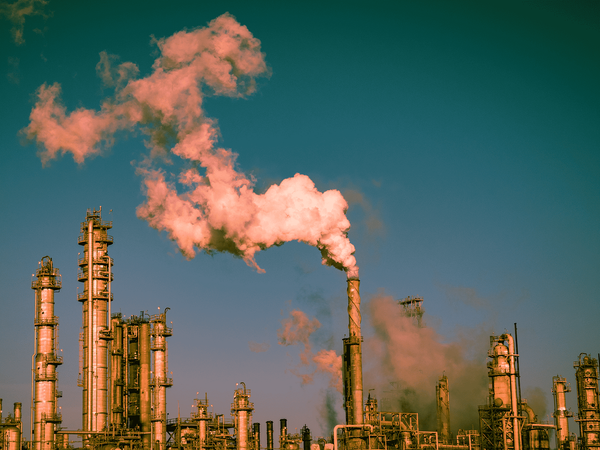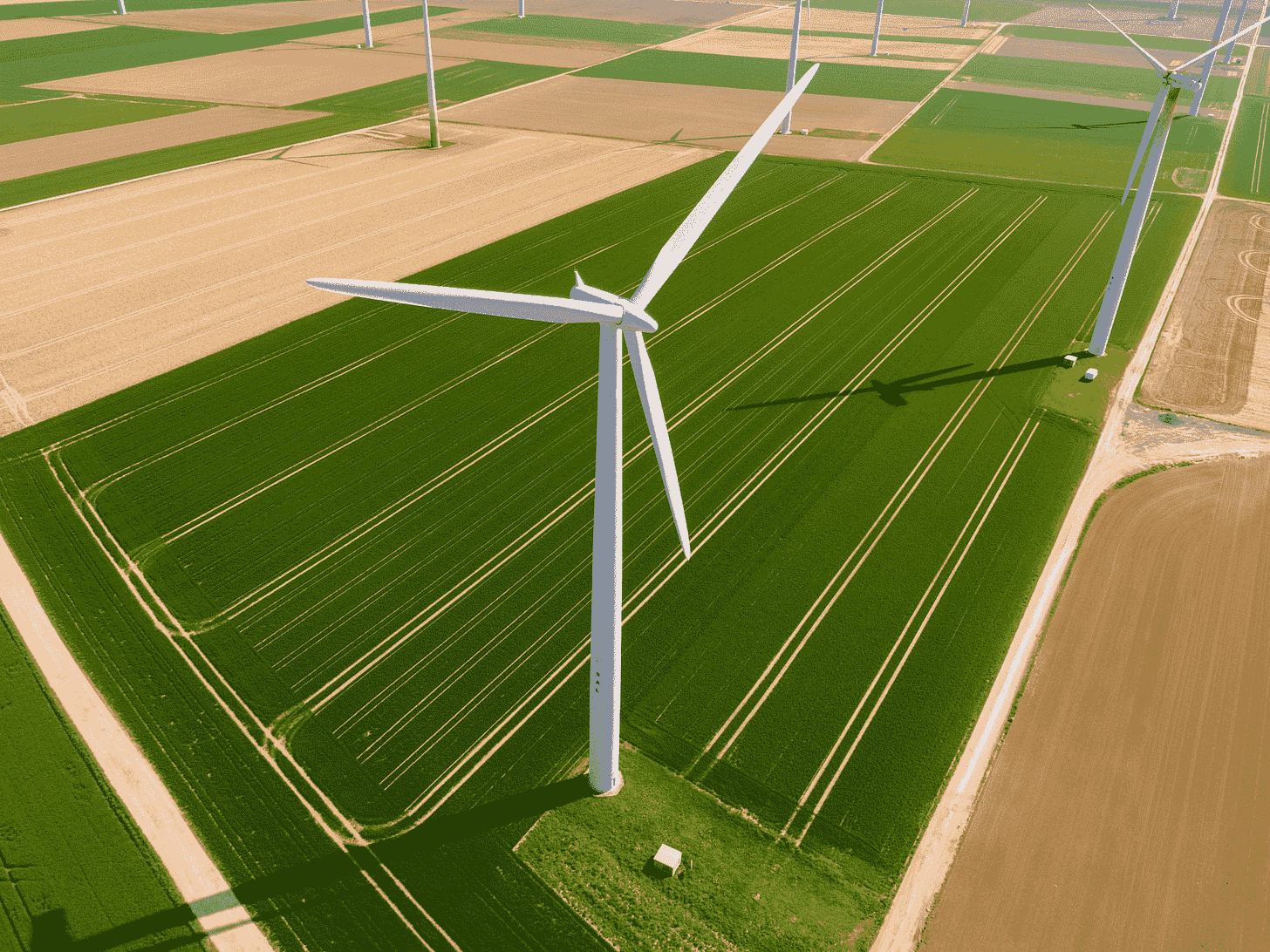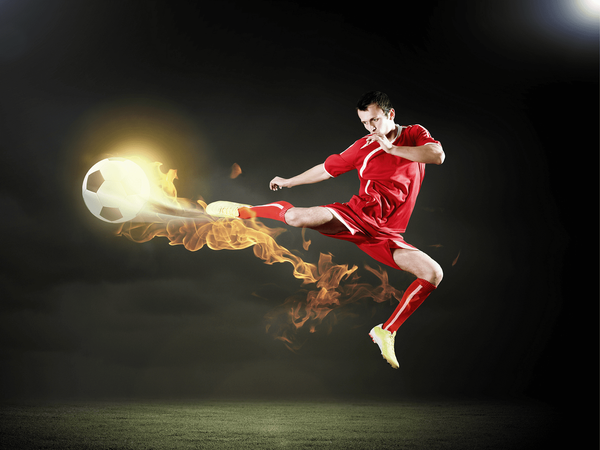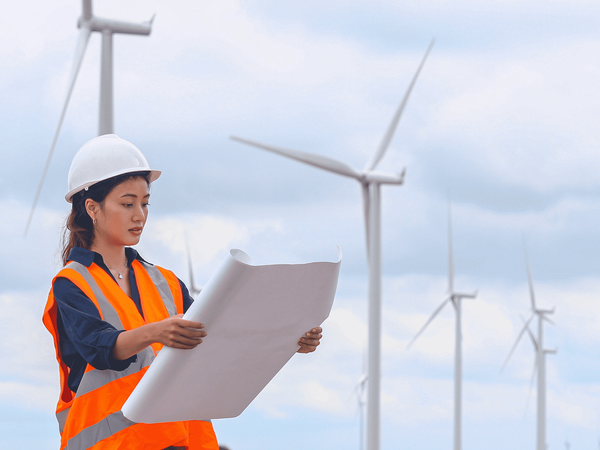Ana talks about the importance of the circular economy
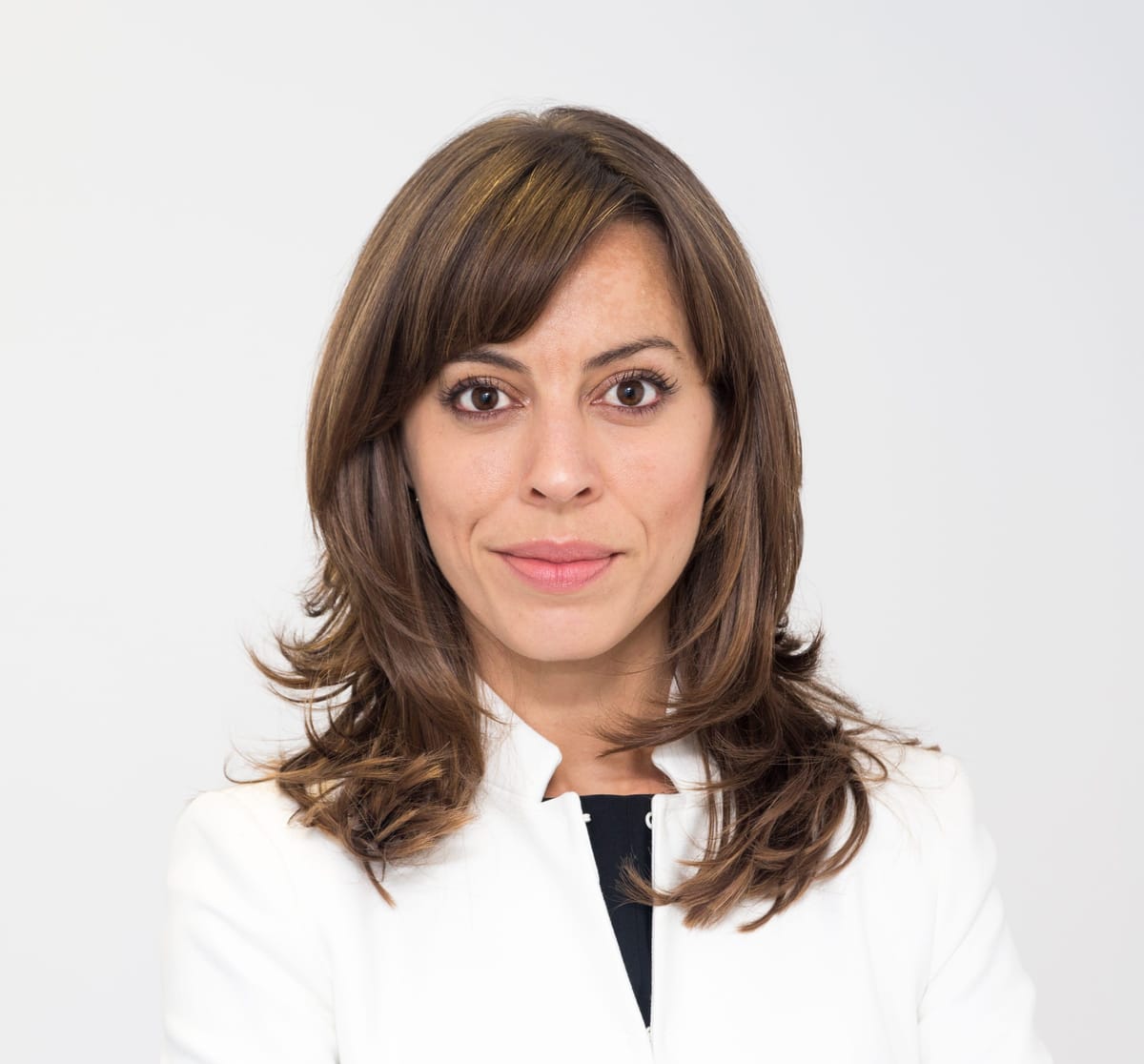
Dr. Ana Fernandez-Iglesias, is a circular economy specialist in beautiful Asturias, Spain. She has 15 years of experience in the R&D department of steel production and iron ore mining.
She leads a team of 10 talented researchers who develop technologies to help industries become more circular and sustainable. Furthermore, she is also a leader of the Sustainable Mining Portfolio, where she interacts between R&D, corporate, and mines to identify the projects and priorities to focus on.
In parallel, she also works as an associate professor at the University of Oviedo, in a group called Engineering Projects Area, where she teaches about different topics in the engineering field.
What is the importance of the circular economy?
If you prefer net-zero emissions, the circular economy helps indirectly because it aims to keep the value of the materials and products inside the economy.
This means we will have to extract less raw materials and manufacture less products because we keep the existing ones in circulation. The extraction, distribution, and manufacturing steps have the highest emissions during the lifecycle of a product.
And if we talk about net-zero waste, which I think is a concept we should push more and more, the impact is obvious. Every time that a material or product ends up in a landfill, we have lost all the value, energy, manpower, efforts, and impacts to the environment that we invested during its manufacturing.
What are the challenges for women in a leadership position? What are your tips?
I think I am lucky, I have not felt that my career progress was limited because of gender. Working for a big company with an international culture helps, I guess.
I think around 40% of the management positions in the R&D center where I work are held by women. But the truth is, you do not see many women in leading positions in the production side, especially mining.
Maternity is definitely something to take into account. Babies usually demand their mother more than their father, especially during the first year, which is already exhausting in so many ways. But it is all a matter of choices, as simple and difficult as that.
With the enormous amount of activities you are involved in, how do you manage your work-life balance?
Running late is my cardio… Apart from my two main responsibilities, R&D and University, I also try to devote time to different causes that matter to me. For example, STEM promotion or other parallel projects related to the circular economy in other industries.
And I always have some training running. For example, I just delivered the final project of training by Cambridge University, management skills for a green transition.
For many years, that was not a problem and I enjoyed being busy and have travelled quite a lot. But since I became a mother, I had to say no to many interesting things and try to get home earlier. I started to travel again this year, and it is hard sometimes to spend many nights far from home.
What are your tips for people running a sustainable team?
I have a small sustainable team, but I cannot be prouder of what they achieve every day. It might sound like a typical answer, but they are a great team and I feel lucky working with them.
They are all passionate about what we do and want to contribute to making our industries more circular and sustainable. And especially when you work in R&D it is good to have passion and be optimistic, because the risk of failure is high when you are trying to innovate.
In the end, companies are made of people, men, and women with their own set of circumstances. I realized soon in my career that technology is never the reason why we do not achieve things: human relationships are what improve or ruin situations. The technical part is almost always feasible.
With the current world situation, what do you think is the future of the circular economy?
The situation of energy in Europe can give us a hint of what might happen with materials. Metals and minerals are key for the twin digital and green transition that we want in Europe. But we do not produce them.
And at the same time, we have our landfills full of valuable materials for the wrong reasons. I hope this dark period helps us understand that linear economy is not acceptable anymore.
Visit previous interviews with other Green Initiatives.
